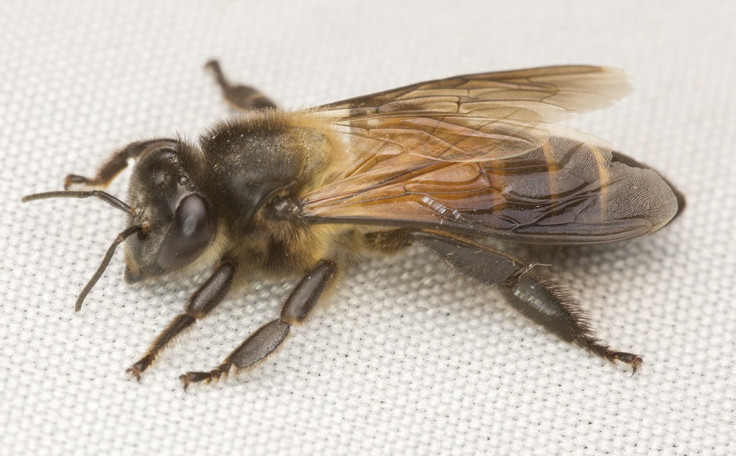50 bee stings don't just hurt - they can cause a heart attack weeks later
A 55-year-old man suffered cardiac arrest three weeks after being stung by bees multiple times.

Multiple bee stings caused a man in India to suffer cardiac arrest three weeks after being attacked by a swarm while walking in a forest. This is the first time any case of its kind has been reported – normally bee sting deaths occur within half an hour of the attack, raising questions about the longer-term effects of bee stings.
The 55-year-old rubber tapper had been walking – as he did every day – in a forested area when he was stung over 50 times by a swarm of Indian rock bees. To stop the attack, he was doused with water. Each sting was removed afterwards.
Shortly after the attack he developed a puffy face, breathlensess and sudden tiredness. He was admitted to hospital where he was treated for his symptoms with anti-inflammatories. He had no history of heart problems and his test results came back normal, so was discharged.
However, three weeks later he went back to hospital having fainted repeatedly and developing a dangerously slow heart rate. He suffered a heart attack and was immediately treated with a temporary pacemaker. This was eventually replaced with a permanent one and he returned home.
Investigating the cause of his heart attack, doctors believe the bee stings triggered a delayed allergic reaction to the venom in his system, causing him to develop Kounis syndrome – acute coronary events. It is thought the syndrome led to a coronary spasm that led to the complete heart block.
Another possible cause was the nectar the bees had consumed, specifically a rhododendron that contains a natural toxin that can slow the heart, although this is less likely.
Published in BMJ Case Reports, doctors say there should be a greater awareness of the possible effects of bee stings following an attack – not just in the immediate aftermath but in the longer term too.
"A relative of our patient reported that the patient was near a forest area when he was stung by a swarm of Indian rock bees," they wrote. "It is possible that the bees became aggressive because their territory was being invaded ... This is a forewarning of an increased threat of bee aggression, and hence their stings are more potentially fatal to humans.
"To the best of our knowledge this is the first reported case of a partial trifasicular block occurring after a bee sting, without concomitant myocardial infarction and the first case where an implantation of a permanent pacemaker was required after multiple bee stings."
© Copyright IBTimes 2025. All rights reserved.






















